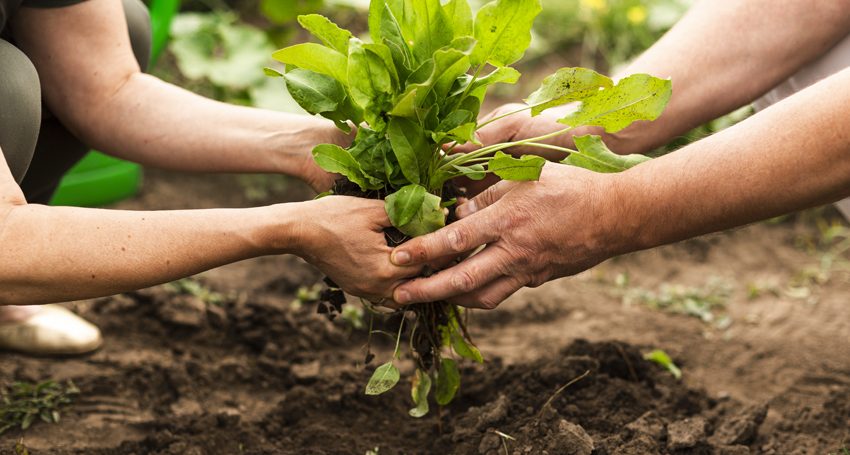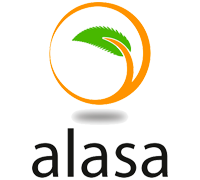During the Conference of Ministers of Agriculture of the Americas 2019., held in Costa Rica with the participation of Government representatives from 34 countries of the Americas and the Caribbean, the director general of the Inter-American Institute for Cooperation on Agriculture (IICA), Manuel Otero said that Latin America and the Caribbean “have everything” to provide food security to the planet, but that great efforts are required to eliminate social gaps.
“We are the largest net food export region in the world,” he said and noted that despite the region’s great potential, there is a “vicious circle” of poverty and exclusion that strongly affects rural areas of Latin America and the Caribbean. .
According to data cited by Otero, in this region there are about 59 million poor people in rural areas, which is equivalent to 46% of the population of those areas.
“It is imperative to break the vicious circle of poverty and exclusion. That rural areas once and for all be seen as zones of progress, opportunities and quality of life. The dream is that people who have left want to return to rural areas, ”said the director of IICA.
The region has a quarter of arable land and a third of the world’s freshwater resources, and in addition its exports of agricultural products correspond to 15% of the global total.
Otero said that long-term policies are needed for the growth and progress of agriculture and rurality, in areas such as smart industrialization that adds value to agriculture, social responsibility actions and smart agriculture in nutrition.
“We are the largest net food export region in the world, we must be proud of this but we can do more,” he said.
The director of IICA cited some examples of sustainable and low-carbon livestock in countries such as Colombia, Brazil and Argentina, and emphasized the need to boost the bioeconomy (production and consumption aligned with environmental protection and climate change mitigation).
The data cited by Otero indicate that global bioproduct sales are growing at a rate of 7.5%, while traditional agricultural products are at 2.5%.
Otero said there is a pending agenda regarding productivity gaps, the use of biological resources, family farming and the use of technologies.
“It is urgent that family farmers be part of the solution and not the problem, they are decisive and must have access to credit and land,” he said.
Other central topics of discussion were rural inclusion in the digital era, balances between productivity and sustainability; the interaction between health, safety and international trade, all of them key to the continental agricultural sector. This agenda also reflects the economic, social, environmental and demographic challenges facing the agricultural sector of the Americas in order to guarantee global food security in the coming years in the context of an increase in population and pressures on natural resources.
The meeting of ministers also provided spaces for dialogue between government representatives and the private sector, in which companies linked to agricultural production such as Bayer, Corteva and Microsoft will participate.
During the event, the meeting of the Inter-American Board of Agriculture (IABA), the highest instance of the IICA government and which includes the 34 Ministers of Agriculture of the member countries of the Institute, was held. The debates and deliberations of the Ministers and Secretaries of Agriculture will also serve to guide and promote the modernization of this sector in the Americas and give decisive support to the institutional renewal actions implemented by IICA.






Comments are closed.